Rice paper, vermicelli, porridge "step out" into the world
On November 15, the talk show “Golden opportunity for export startups” took place in Ho Chi Minh City. Enterprises and experts shared many contents revolving around the issue of exporting Vietnamese goods.

Talk show "Golden opportunity for export startups" took place in Ho Chi Minh City. (Photo: Dai Viet)
Mr. Le Duy Toan, Director of Duy Anh Foods Company, said that he gave up his dream of settling in the US to return to Vietnam to start a business making rice paper and vermicelli. Mr. Toan's reason for starting his business also surprised many people.
In 2006, while studying at California State University, Toan stopped by a supermarket and saw a bag of rice paper labeled “Product of Thailand.” He thought, this must be Vietnamese rice paper because Thailand does not produce rice paper. The fact that Vietnamese products are labeled as Thai and sold in the US made him think hard. He wanted Vietnamese products to have a place abroad.
Mr. Toan decided to start a rice paper business after 4 years of studying in the US. However, when he returned to Phu Hoa Dong rice paper village (Cu Chi district, Ho Chi Minh City) to start his business, he encountered many difficulties.
“ Rice paper produced by hand has low productivity. The product quality and aesthetics are not high. The business is mainly domestic, ” said Mr. Toan.
However, his turning point came when a group of Japanese tourists visited his rice paper production facility. Toan gave each tourist some rice paper as a gift. Two weeks later, a Japanese visitor asked to buy rice paper. This partner advised him to apply modern production technology to meet international standards.
Some time later, his first order was officially exported to the Japanese market. To date, the company has exported rice paper and vermicelli to 48 countries around the world.
“ Making traditional rice paper requires hard work in the rain and sun, but productivity and quality are difficult to guarantee. If made using a technological chain, product quality will be better controlled. For each market, we must have a different quality of finished products to meet customer needs ,” Toan shared.

Mr. Toan shares his story of exporting rice paper to the Japanese market. (Photo: Dai Viet)
Mr. Nguyen Duc Nhat Thuan, founder of Ca Men, said that in addition to doing business to make a profit, the company is aiming to create value for farmers in Quang Tri.
Specifically, this enterprise is producing snakehead fish porridge, eel vermicelli, eel noodles, etc. Therefore, the company has purchased products such as rice, eel, snakehead fish, shallots, pepper, chili powder, fish sauce for farmers. This creates jobs and income for many people.
Mr. Nguyen Duc Nhat Thuan, founder of Ca Men. (Photo: Dai Viet)
According to Mr. Thuan, in the early stages, the company mainly produced manually. After a while, he was fortunate to receive advice from an experienced company in the US on using modern machinery for more professional production.
“ The improved product design while still retaining the hometown flavor has helped us export 3 containers of snakehead fish porridge to the US market, achieving revenue of nearly 5 billion VND ,” said Mr. Thuan.
According to Mr. Thuan, thanks to official exports to the US market, Ca Men has had the opportunity to connect with importers and exporters of consumer goods to markets such as Canada, Singapore, Australia, and New Zealand. The company and its partners are promoting the export of more goods to Japan and Europe.
Americans catch the trend of mangosteen chicken salad and salted coffee.
Ms. Jolie Nguyen, President of LNS International Corporation, shared that this enterprise is doing business in the US and sees this as a very potential market for Vietnamese startups. There are currently about 7 million Vietnamese people living abroad, of which more than 3 million are in the US.
According to Ms. Jolie Nguyen, overseas Vietnamese always want to use products from their homeland. Products from Vietnam are always popular with customers thanks to their quality. Vietnam has special soil and climate, so it also produces many products that are competitive in the market.
Typically, Hoa Loc mango has a delicious, unique flavor that is completely different from Mexican mango. Therefore, Vietnamese goods can compete with many other products if businesses know how to exploit opportunities.

Ms. Jolie Nguyen, President of LNS International Corporation, shares her "real-life" experience in the US. (Photo: Dai Viet)
According to Ms. Jolie Nguyen, overseas Vietnamese also catch on to trends very quickly when Vietnam has "hot" products. Typical examples include mangosteen chicken salad or salted coffee... Many businesses find it "easy to eat" so they think of exporting by hand-carrying or unofficial channels, as long as it reaches customers.
However, according to Ms. Jolie Nguyen, that is a wrong way of thinking. Therefore, businesses must follow the orthodox path, provide quality products and not lose their reputation abroad.
Ms. Jolie Nguyen said that Vietnamese products when exported to the US also face many difficulties.
The first difficulty is that the geographical distance is too great, making the products lose the advantage of time, cost of transportation and difficult to preserve the products. Second, many Vietnamese enterprises have unattractive product packaging, not suitable for foreign markets.
Ms. Jolie emphasized that if they want to export products abroad, businesses must ensure that the product packaging is standard, has full information about nutritional ingredients (nutrition facts), the displayed information must be transcribed depending on each market, and has additional warning information about the product such as: allergic ingredients or subjects to avoid using...
Besides, Vietnamese products have to compete with products from many other countries, especially countries protected by the US. Therefore, businesses need to invest in machinery, factories and always learn to develop product quality. Only good products can retain customers.
Ms. Jolie Nguyen noted that when entering the US market, in addition to FDA standards, the company's factory construction records, production management rules, risk management, and quality management records are also very important. This helps the company's products clear customs easily without encountering any barriers.
Commenting on the opportunities for Vietnamese startups, economist Huynh Phuoc Nghia said that in 2024, Vietnam’s policy responses will focus on exports. In addition, the production of agricultural products is showing many positive signs. This creates opportunities for export development.
In addition, Vietnam is also a country that "absorbs" foreign FDA investment capital. The government will focus foreign investment capital on key areas, especially industrial production and processing.
According to Mr. Nghia, in the next 1-2 years, the world will experience a shift in market flows due to war. These shifts are also opportunities for Vietnamese enterprises’ products to access the world market. This is also an opportunity for startups in the current “storm” of recession.
DAI VIET
Source








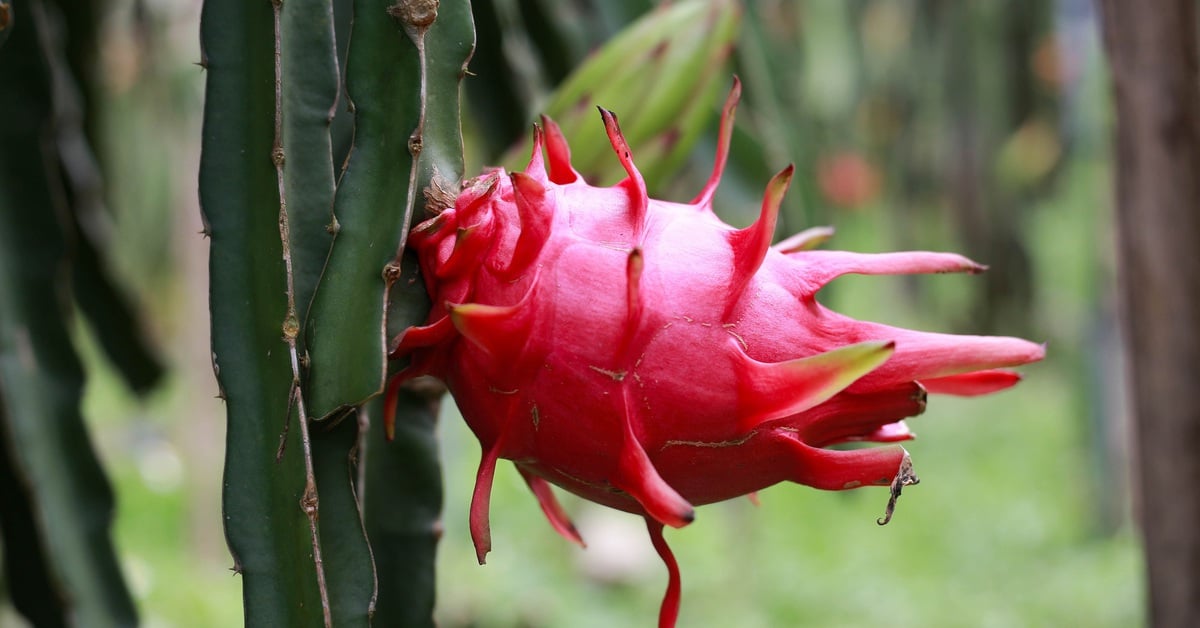

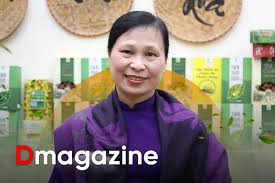

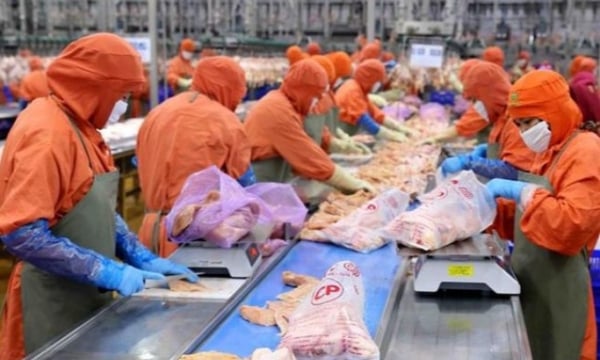

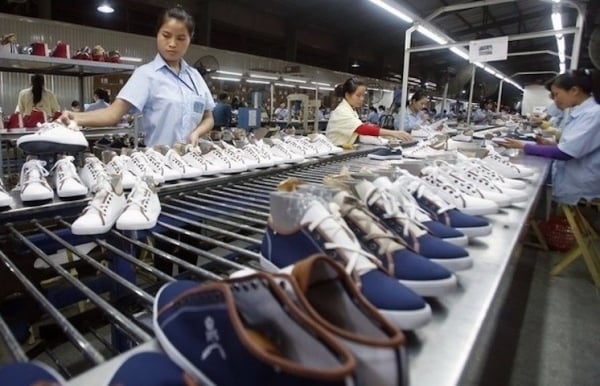

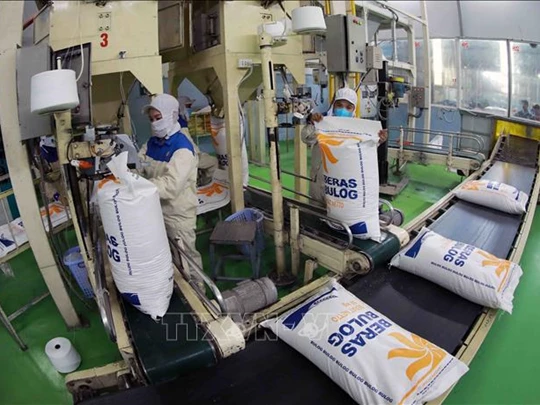

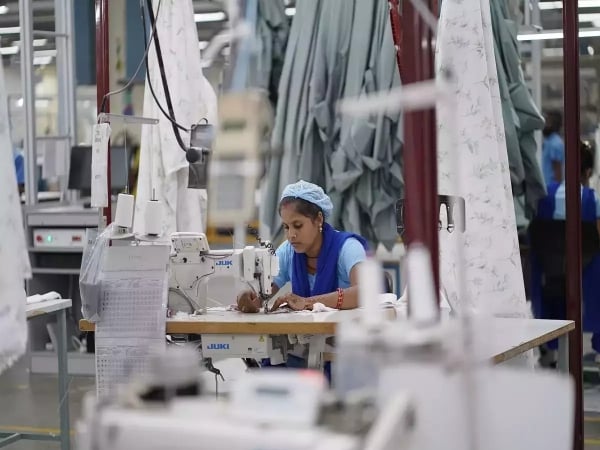



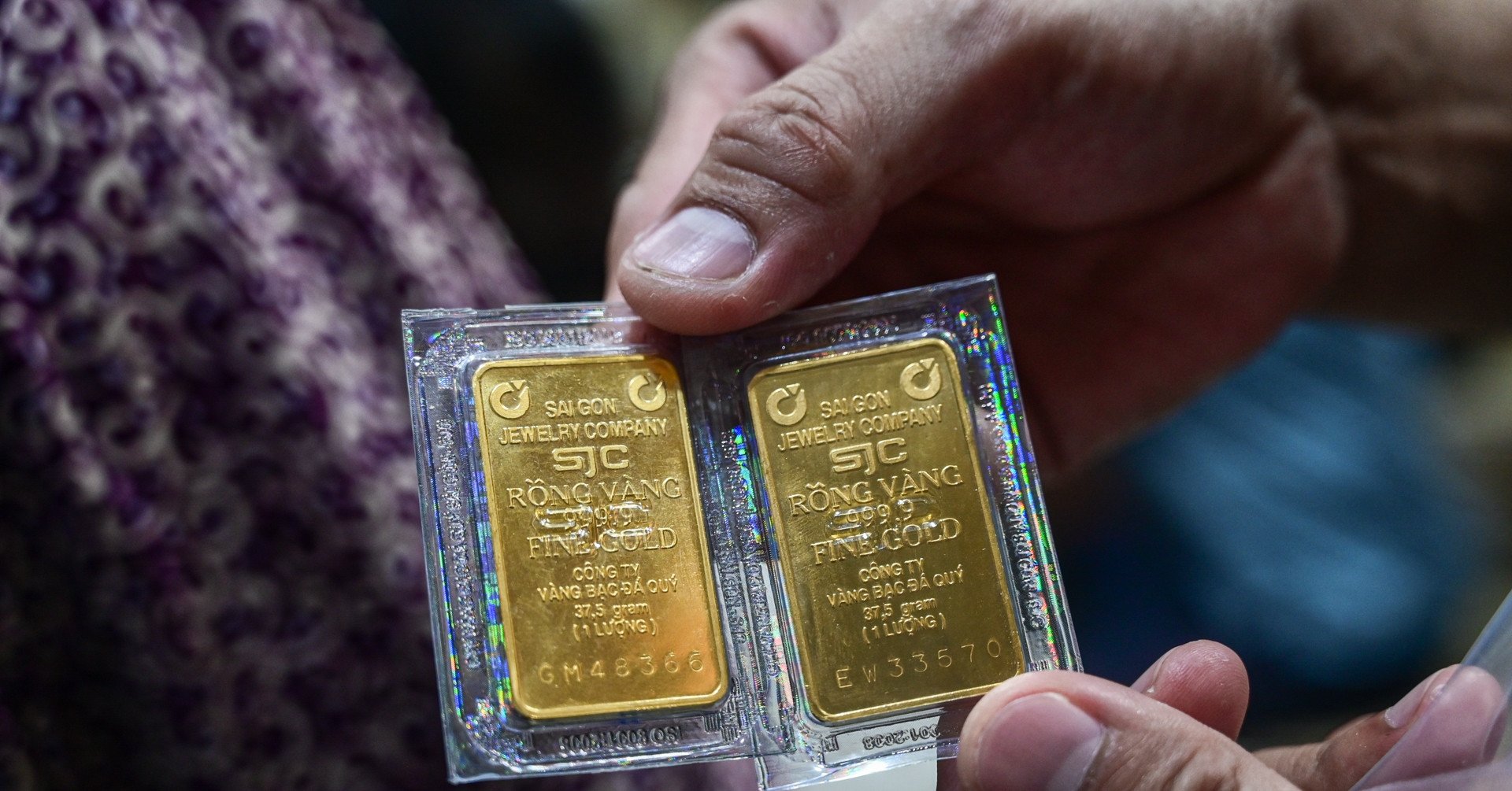
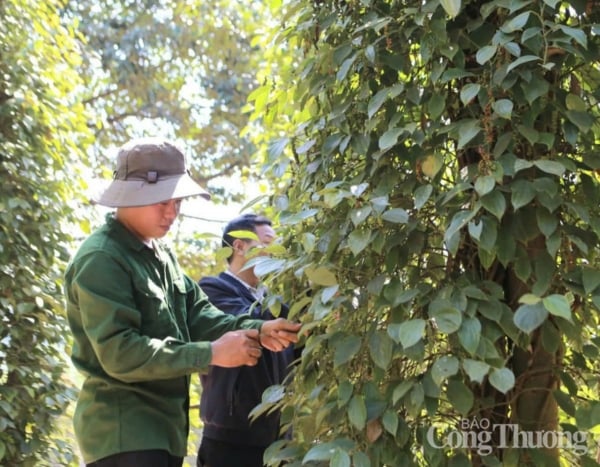





















Comment (0)